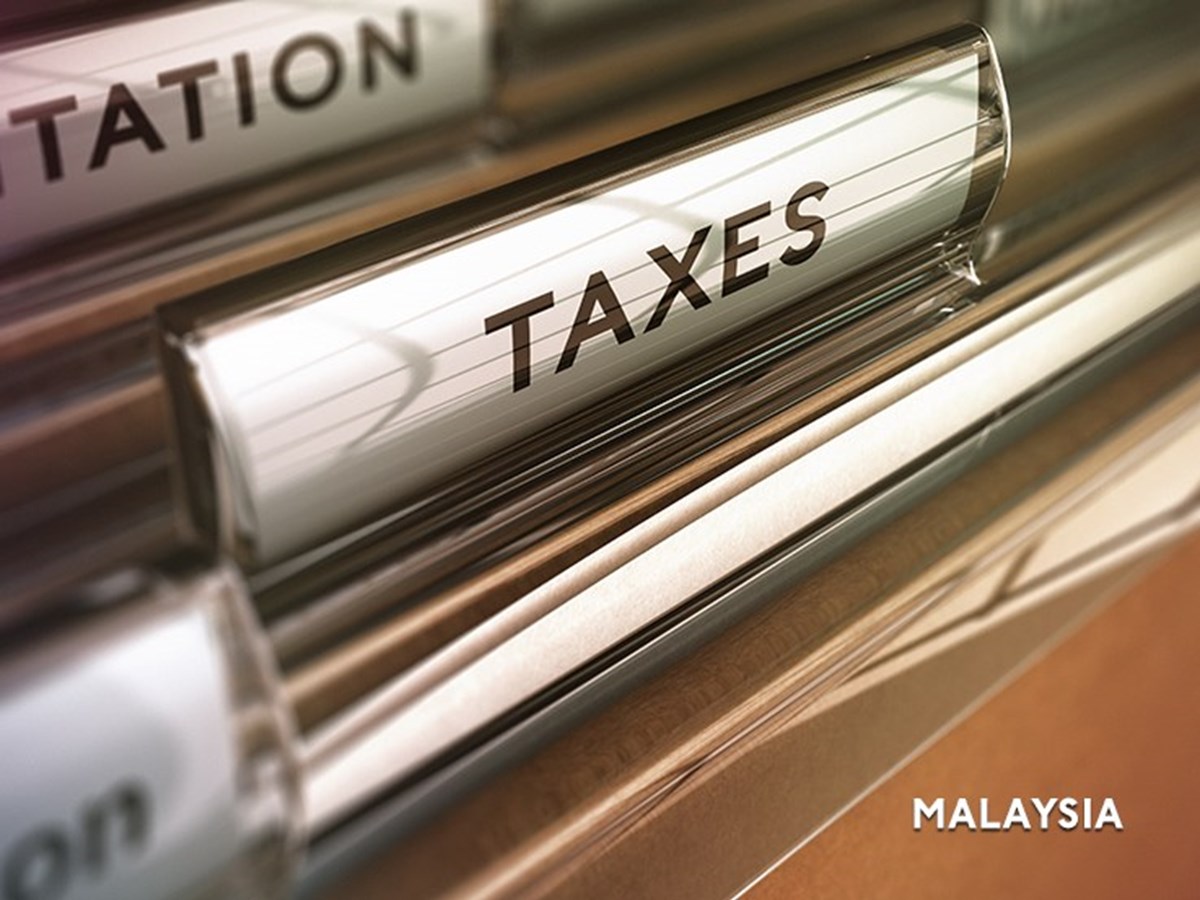
Federal Court finds “generating, transmitting, and distributing electricity” constitutes utility services, not manufacturing

The Federal Court in Ketua Pengarah Hasil Dalam Negeri v Tenaga Nasional Berhad (Appeal No. 01(f)-27-09/2024 (W)) held that Tenaga Nasional Berhad (“TNB”), the sole provider of electricity in Peninsular Malaysia, is a utility service provider and not a manufacturer. Therefore, TNB ought to claim reinvestment allowance under Schedule 7B, which covers the service sector, instead of Schedule 7A of the Income Tax Act 1967.
This article provides an overview of the Federal Court’s decision.
Snapshot
The dispute arose from the Director General of Inland Revenue’s (“DGIR”) decision to impose an additional tax of RM1.81 billion on TNB. The DGIR rejected TNB’s claim for reinvestment allowance under Schedule 7A in its 2018 tax filings. TNB has sought reinvestment allowance under Schedule 7A for capital expenditure on power system infrastructure. The DGIR rejected this on the basis that TNB’s principal activity of electricity generation is not a manufacturing activity within the context of Schedule 7A, and that TNB ought to claim the reinvestment allowance under Schedule 7B, which applies to services like utilities.
In summary:
- Schedule 7A provides a reinvestment allowance equivalent to 60% of capital expenditure incurred on a factory, plant, or machinery used in Malaysia for the purposes of a qualifying project, i.e. a project undertaken by a company to expand, modernise or automate its existing manufacturing business of a product or related products within the same industry, or diversifying into any related products within the same industry.
- Schedule 7B provides for a reinvestment allowance of an amount approved by the Minister of Finance, being not less than 60% of capital expenditure incurred for the purpose of an approved service project. An approved service project is a project in the service sector in relation to transportation, communications, utilities or any other sub-sector as approved by the Minister of Finance.
TNB filed, among other things, a judicial review application to quash the additional assessment. Both the High Court and the Court of Appeal ruled in TNB’s favour. The Federal Court, however, disagreed.
Judgment
The sole question of law to be determined by the Federal Court was whether the Court of Appeal was correct in determining that TNB’s activities amounted to “manufacturing” under Schedule 7A, without taking into account Parliament’s intent in creating Schedule 7B, which applies to the utility sector.
The Federal Court rejected TNB’s claim and, in its decision, set out the following reasons for its decision.
Applicability of Schedule 7A (manufacturing) and Schedule 7B (services)
The Federal Court considered Parliament’s intention in enacting the two Schedules and determined that (i) Schedule 7A was enacted to incentivise manufacturing companies to reinvest in their existing operations in Malaysia; and (ii) Schedule 7B, enacted later - specifically designed to provide reinvestment allowances for companies in the service sector, including utilities, to encourage infrastructure investment and support essential public services.
The Federal Court held that there was no ambiguity between the two Schedules as they were created to apply to two different sectors, i.e. manufacturing and utilities.
TNB’s claims did not qualify under Schedule 7A
The Federal Court agreed with the DGIR that TNB had failed to justify that any of the items claimed fell within the scope of “expanding, modernising or automating its existing business”, as required for a “qualifying project” under Schedule 7A. The Federal Court also noted that TNB had already been granted capital allowance for the items in question, and that claiming reinvestment allowance on the same items would result in double tax relief, which is prohibited under tax law.
TNB as a utility service provider
The Federal Court noted that under the Service Tax Act 2018, TNB is permitted to impose service tax for the supply of electricity. This supports the position that TNB functions as a utility service provider within the service industry under Schedule 7B.
MPSP and Success Electronics not applicable
In coming to its decision, the Federal Court distinguished two earlier cases - Majlis Perbandaran Seberang Perai v Tenaga Nasional Bhd [2005] 1 MLJ 1 (“MPSP”) and Ketua Pengarah Hasil Dalam Negeri v Success Electronics & Transformer Manufacturer Sdn Bhd (2012) MSTC 30-039 (“Success Electronics”). In MPSP, it was observed that TNB’s activities amounted to the supply of goods rather than services. However, the Federal Court in the present case held that this observation must be confined to the statutory framework of that case and was not intended as a general principle of law. In Success Electronics, the issue was whether the taxpayer qualified for reinvestment allowance by engaging in “manufacturing”, a term expressly defined in paragraph 9 of Schedule 7A. The Federal Court in the present case held that this decision was distinguishable, as the relevant provision here is paragraph 9 of Schedule 7B, which expressly includes utilities within the definition of “approved service project.” On this basis, the Federal Court found no ambiguity in applying the provisions.
Comment
This is a landmark decision in which the Federal Court provided judicial consideration on the interpretation and application of Schedules 7A and 7B. In doing so, the Federal Court made several notable observations, including that (a) the cases of MPSP and Success Electronics relied on by TNB were of no assistance, as those decisions were rendered under different statutory provisions and did not involve or consider provisions corresponding Schedules 7A and 7B, and (b) any ambiguity concerning a taxpayer’s entitlement to tax benefit or exemption must be resolved in favour of the revenue, - i.e. the DGIR.
In light of the guiding principles laid down by the Federal Court, taxpayers should review their reinvestment allowance claims to ensure alignment with the scope of Schedule 7A and Schedule 7B. For projects in the service sector relating to transportation, communications, utilities, or other sub-sectors approved by the Minister of Finance, the reinvestment allowance should properly be claimed under Schedule 7B.
Further information
This article was prepared with the assistance of Associate Matthew Wong Eu Ca.

